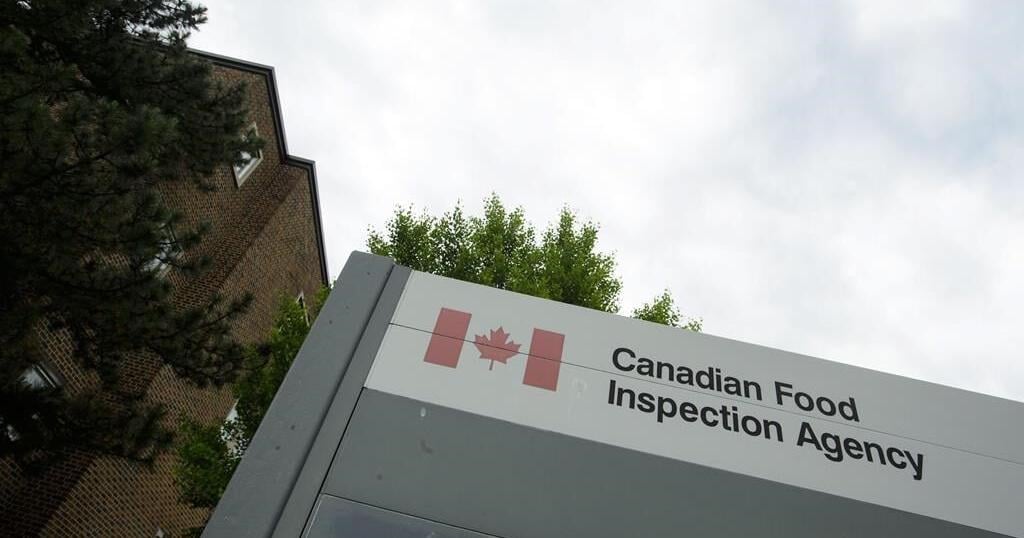It wasn’t until a cluster of Listeria cases emerged in Ontario that the federal health agency says it was able to find the source of an outbreak that’s now linked to three deaths and 20 infections.
Ever since the Canadian Food Inspection Agency announced a national recall of several Silk and Great Value plant-based milk products on July 8, questions have swirled around why it took nearly a year to pull affected products from store shelves.
Health experts say multiple factors likely complicated efforts to identify the origins of this particular outbreak, including the relative rarity of finding Listeria in plant-based beverages and the long incubation period of listeriosis cases — the illness caused by Listeria bacteria.
“It’s an epidemiological puzzle and you need to put the pieces together before you can start to see the picture,” says Lori Burrows, a microbiologist at McMaster University in Hamilton.
For its part, the Public Health Agency of Canada says it was only able to connect a Listeria case reported in August 2023 to a broader outbreak after several infections emerged in Ontario in June 2024.
The federal health agency says it became aware in September 2023 of two genetically related listeriosis cases, but knew of no common food exposure.
But when nine cases were reported in Ontario many months later, a provincial investigation was launched, says agency spokesperson Anna Maddison.
“Investigators were able to re-contact the cases from 2023 and determine that they also consumed the implicated beverages prior to becoming ill,” Maddison said in a statement emailed Wednesday.
As of that latest update Monday, there were 20 cases in Canada, including infected people in Ontario, Quebec, Nova Scotia and Alberta. There have been three deaths in Ontario linked to the outbreak, including two people in Toronto, the city’s public health agency has said.
The source of the illness has been traced to a specific production line at a third-party beverage packaging facility in Pickering, Ont., used by plant-milk manufacturer Danone Canada.
The facility was shutdown on July 6 and production has been halted since then.
Danone’s head of communications says the company is increasing testing for all of its refrigerated products at its other facilities.
“In the investigation, we’re also calling on independent experts, on top of everything we’re doing with health authorities to get to the bottom of the cause of the contamination,” Jennifer Vincent said in an interview Wednesday.
A timeline of the outbreak on the federal health agency’s website statesthe first case was reported in August 2023, followed by a second in September and third in December. Then, a surge of nine cases came in June, and eight more in July of this year.
Symptoms of a Listeria infection can take 70 days to emerge, making these type of outbreaks particularly difficult to identify quickly, says Lawrence Goodridge, a professor and Canada research chair in foodborne pathogen dynamics at the University of Guelph.
“At that point, people can’t remember what they ate or when they ate it,” says Goodridge.
The recalled products include Silk almond milk, coconut milk, almond-coconut milk, oat milk and almond-cashew milk, as well as Great Value brand almond milk with best before dates up to and including Oct. 4 and containing 7825 in the product code.
Unlike deli meats or unpasteurized cheese — food items more commonly associated with Listeria — a plant-based product might not have been on anyone’s radar, says Burrows.
“To have it in a beverage is unusual and to have it in a plant-based beverage is unusual because people have it in their mind that those are healthy alternatives,” Burrows adds.
Goodridge agrees, noting: “As far as I’ve known, this is the first time almond milk has been associated with Listeria or any foodborne outbreak for that matter.”
Vincent saysSilk’s refrigerated plant-based beverages are back on retail shelves after other facilities ramped up production.
“We’re still undergoing the investigation. We’re obviously very saddened that this happened. We’re sorry that this happened.”
Canadian Press health coverage receives support through a partnership with the Canadian Medical Association. CP is solely responsible for this content.
This report by The Canadian Press was first published Aug. 15, 2024.

























